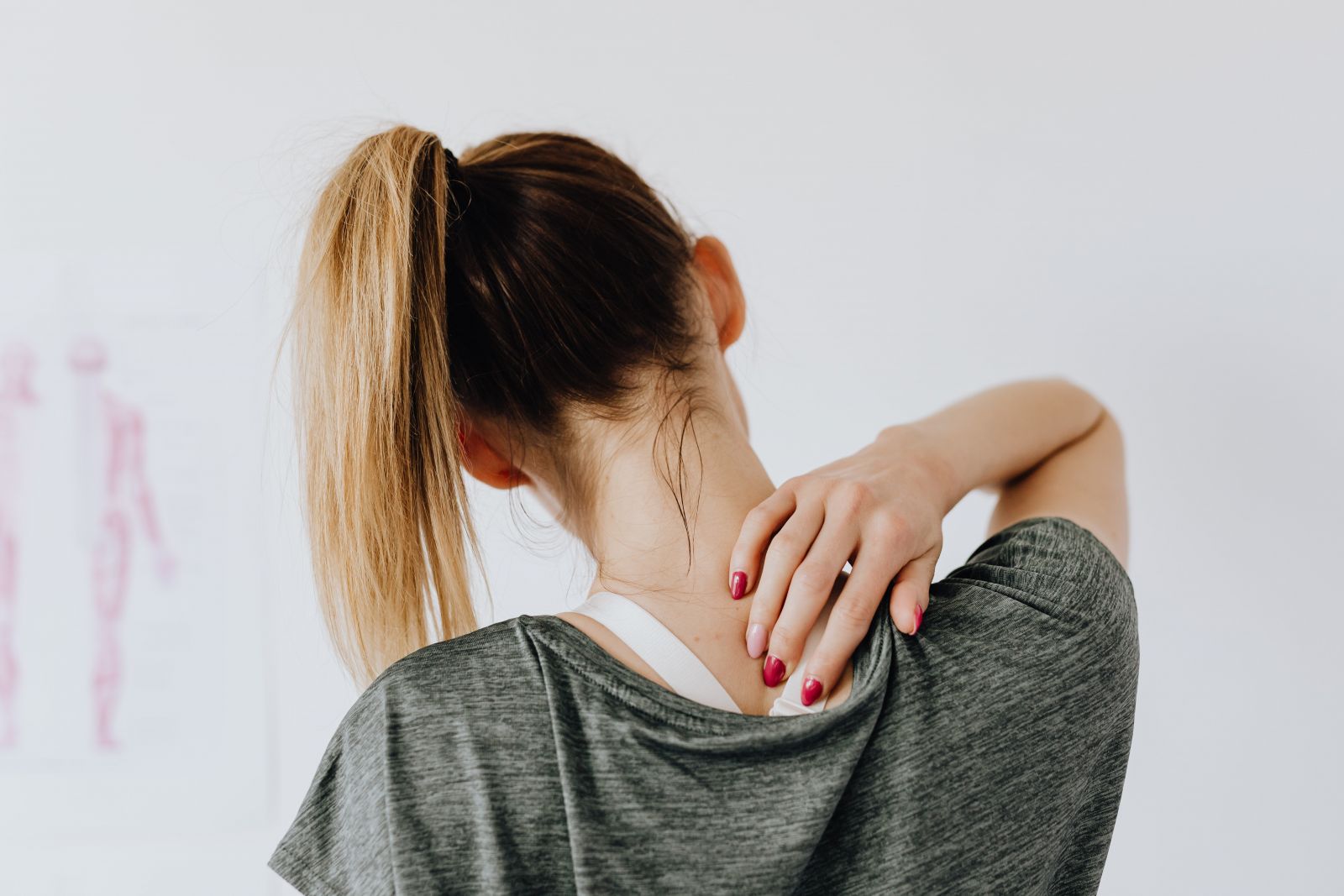Salisbury Medical Practice
Facebook Page | Contact Us
Opening Hours
CQC Rating Good
Pain Management
Welcome to the pain management section of our website. Our GPs and Clinicial Staff have put together the following resources to assist patients living with long term pain. All of the following are self-referrals (with the exception of the Fibromyalgia Programme and Wessex Rehabilitation service/pain clinic).
Courses:
- The Bath fibromyalgia self-management programme - outpatient hospital based interactive exercise and education group programme aimed at helping you self-manage your fibromyalgia. This is based in Bath so please only ask for a referral if you can attend.
- Wessex rehabilitation service/pain clinic
- IAPT - living well with chronic pain. A 6 session course over teams, 10am-12pm Friday, next intake 14th January. Look at www.iapt-wilts.awp.nhs.uk for more info and how to sign up.


- Retrain Pain - Science based approach to overcoming chronic pain. 8 short online modules around understanding pain and how to live better with pain. www.retrainpain.org.
- Body reprogramming - NHS course aimed at people with central sensitivity conditions e.g. fibromyalgia. We don’t offer face to face sessions in our area, but the patient guide on www.bodyreprogramming.org shows how to implement the techniques to help yourself feel better.
Alternative therapies/strategies:
- Physiotherapy - you can self-refer to physiotherapy on the NHS. More info on https://bswcommunityservices.co.uk/services/adult-physiotherapy-service/. The website has information on osteoarthritis, back pain etc. Self-refer through the ‘how to access’ section. They also run a course called Escape Pain.
- Acupuncture - can be very helpful for pain and painful conditions like migraine.
- Mindfulness
- Exercise - Tai Chi is especially helpful in pain as it involves slow and controlled movements. Lots of local classes, just google Salisbury Tai Chi.
- Wiltshire Health trainers - these dedicated health trainers can support you with your health goals and help direct you to other services you may find helpful. www.wiltshire.gov.uk/public-health-trainers.
- Pacing - lots of info online, but essentially spreading out daily tasks etc and not overdoing it on your good days.
Sleep Issues:
Everything feels worse when you are tired and when you are in pain it is harder to sleep. The website www.mylivewellwithpain.co.uk has a great leaflet on sleeping with pain but essentially it covers:
- Being aware of your daily routine and working with your body clock, rather than against it.
- Being aware of your activity levels i.e. not avoiding doing things due to pain as you will be less tired and find sleeping harder.
- Being aware how food and drink influence sleep.
- How to develop a good night time routine.
It also gives a list of resources that may be useful.
General Resources:
View our local activies and support leaflet here: Pain Management
Support groups
- Suffering with pain can be lonely, consider joining an online or in person support group, linked to your condition.
Apps
- Mindfulness: "Smiling mind", "Headspace" and "Medito".
- General Pain: "Curable" and "The Pain Toolkit".
Websites
- www.paintoolkit.org/resources/patients share some great videos and tips.
- www.mylivewellwithpain.co.uk has some fantastic leaflets and ways to cope, it covers pacing and the pain cycle, both of which are great tools in your quest to live well alongside pain.
- www.painconcern.org.uk are also helpful.
Books
- "The pain free mindset: 7 steps to taking control and overcoming chronic pain" by Dr Deepak Ravindran.
- "Living Well with pain and illness" by Jon Kabat-Zinn.
- "Overcoming Chronic Pain" by Frances Cole.
- "How to live well with Chronic Pain and illness" by Toni Bernhard.
Podcasts
- "Airing pain", by Pain Concern. This covers a wide range of topics including neuropathic pain, diabetic pain, opioids and chronic pain, well worth a listen.
Please click here to view the above in a PDF version
Understanding Pain:
Explaining Pain:
Click here to view a booklet explaining:
- What persistent pain is
- What is going on inside us when we have persistent pain
- Why people develop persistent pain in the first place
- How it makes us feel and what we can do about persistent pain
The Pain Cycle:
Click here to view the pain and self-care cycles and choose three things from each you want to take action on.
INDEX - Self-Help-Centre
Self-Help Information
- Better Health
- Books recommended by GPs
- Carer Support
- Child Health
- Domestic Violence
- Ear Care
- Eye Care
- Health A-Z
- Healthy Lifestyle
- Joint Pain, Back Pain and Musculoskeletal Injuries
- Medicines A-Z
- Mental Health Support
- Over the Counter Medications
- Pain Management
- Pharmacy
- Physiotherapy Self-referral
- Podiatry Self-referral
- Pregnancy
- Sexual Health
